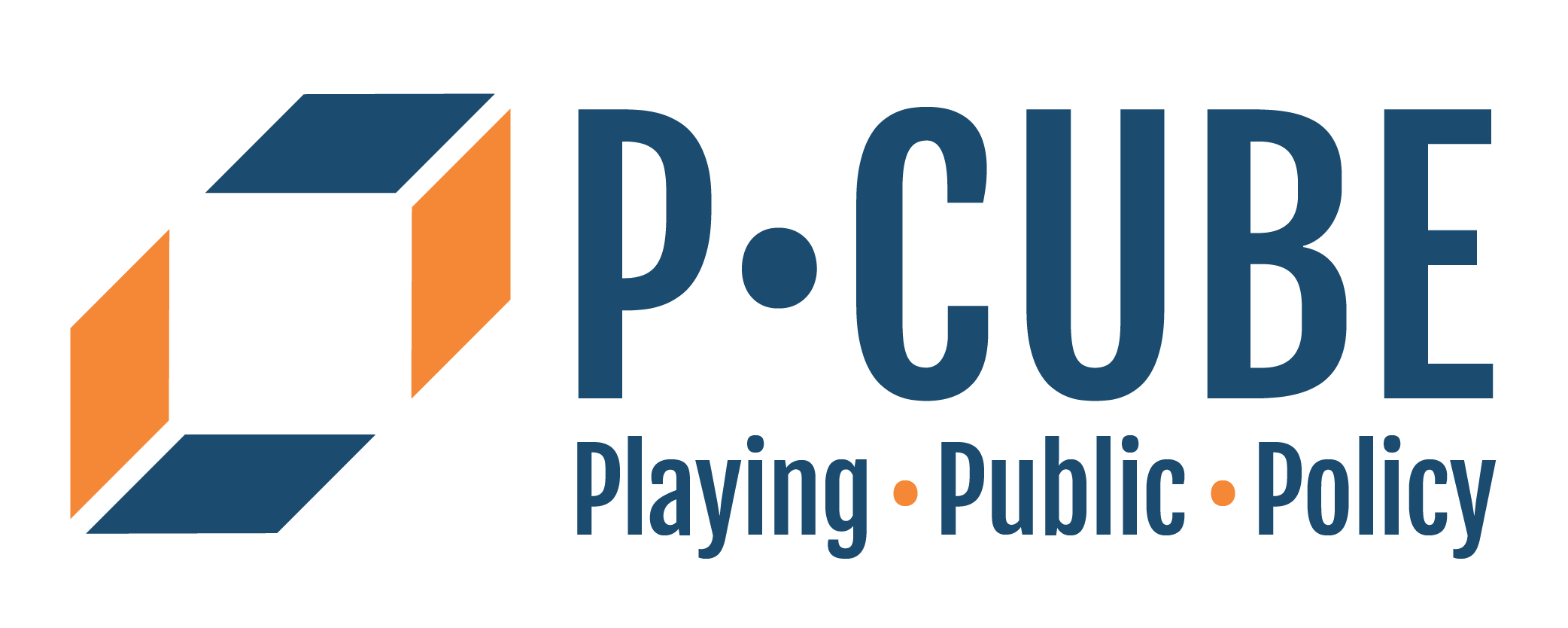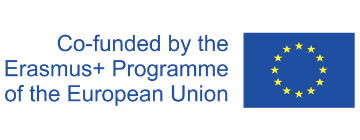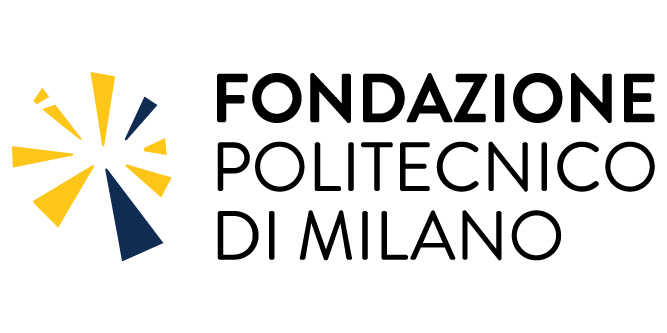P-Cube
Playing Public Policy
September 2020
- August 2023


P-CUBE will the design and implement an educational game aimed at teaching the theory of public policy making with specific emphasis on policy change
The initiative
The project aims to improve awareness about the importance of developing multi-disciplinary skills in the policy making field, primarily addressing HE students, but also decision-makers, urban planners, NGOs, CSOs, social workers and scientists.
The goal of P-CUBE is to build an educational strategy game (the Policy Game) designed to teach the theory and practice of public policy making to different groups of people, principally students.
The prototype of the game will be developed during the project, and it will be presented to different audiences in various national and international settings. The game will then be modified to incorporate their comments and suggestions.
We expect that even during the project, and immediately after its release, the game will be inserted into, and sometimes form the core of, new curricula in HE and post-experience training in mentioned policy fields.
In terms of impact, and in the medium to long-term, we expect that one outcome of this project is to promote greater public engagement. The purpose is to contribute towards dispelling misconceptions around the way innovations in public policies are taken by presenting the process through an interesting and realistic model. The game will help players to become more familiar with the complexities of public policy making, and show that there are several different ways to overcome the obstacles that prevent current governance systems from tackling collective problems.
The role of the Foundation
The Foundation is the project coordinator
Technical details
The basic assumption, supported by the literature on Public Policy studies, is that the dynamics for policy making processes are similar within different policy fields, yet the set of actors varies from one policy to another. The Policy Game, therefore, has two objectives:
- Show how decisions in the public sphere are taken and what kinds of decisional strategies can be employed by the promoters of policy innovation.
- Help players/students/trainees become familiar with the specificities of the policy fields in which they are involved.
The theoretical approach assumes that an actor wanting to introduce a non-trivial policy innovation (the policy entrepreneur) will be faced with obstacles deriving from the opposition of other actors and/or by the lack of the necessary resources. In order to overcome these obstacles, the policy entrepreneur can use different strategies (altering the distribution of the resources, modifying the content of the decision, transforming the interaction between the actors, choosing the right timing for the decision) in various possible combinations.
It is a kind of approach that has already been tried for several years in different contexts. This conceptual framework is widely accepted in Public Policy studies, and has been set out in a textbook (“Understanding Policy Decisions”, Springer, 2014) by the principal scientific director responsible for the entire project. The English, Italian and Spanish versions of this book are now used in several European and Latin American universities. The experience of teaching this course led to the idea of creating and introducing a game, based in the conceptual framework, that can help students and others in their learning process.
Financial supporters





